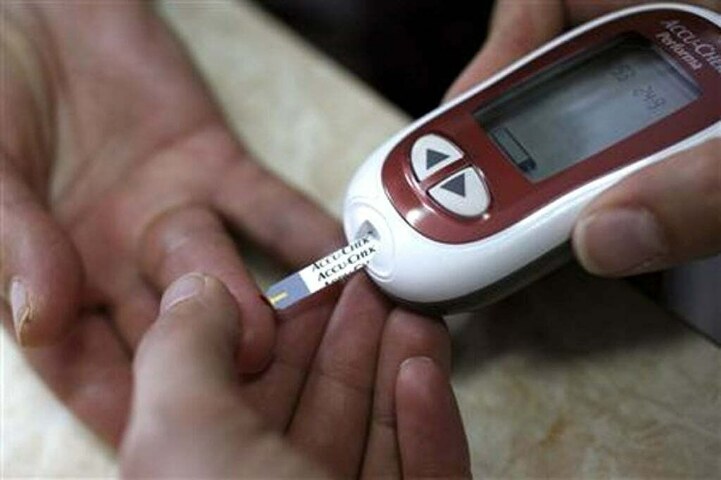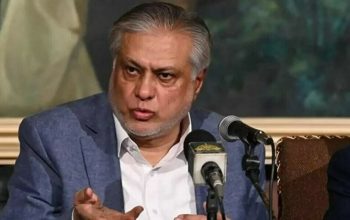KARACHI: Experts said Pakistan will have to achieve local production of insulin to resolve its shortage, stressing that manufacturing facilities will be a long-term, sustainable solution.
These remarks came as Pakistan, where over one-fourth of its adult population is diabetic, faces chronic shortage of insulin amid unfavourable policies that have hindered investment in the pharmaceutical and healthcare sectors.
Pakistan has around 34 million people or 26.7% of the adult population (20-79 years) who are diabetic, much higher than the global average of 1 out of every 10 persons, according to the International Diabetes Federation (IDF). Pakistan also has the third highest number of diabetes patients, only behind India and China – which have six times more population.
Pakistan facing insulin shortage due to uncertain policies: experts
“In 2023, there have been three cycles of shortages — each lasting around three months,” Sana Ajmal, founder and executive director Meethi Zindagi – a NGO that works to support diabetes patients – told Business Recorder in an interview.
“The third cycle started early December 2023 and is still ongoing. During each shortage cycle, some types of insulin are short in supply.
“People have to switch to other types and it creates a snowball effect due to supply and demand imbalances. Apart from the shortage issue, switching from one type of insulin to another causes distress and also requires dosage adjustment, affecting health.
“The only viable long-term solution to Pakistan’s insulin availability and affordability problems is to set up manufacturing plants in the country.”
Ajmal said there exist plenty of successful examples where production has been achieved including Bangladesh, India, Malaysia and Africa.
“Being the fifth most populous country in the world with a huge diabetes burden, we need to prioritise our population’s health. Otherwise, the burden on our economy will increase manifold in the coming years.”
Dr Zia Naqi who sees patients at his clinic in Karachi – Pakistan’s most populated city – said drugs are in short supply as well, piling on the misery as the country battles economic woes along with a healthcare crisis.
“People with money in their hands are almost forced to implore to get drugs. Why should people be forced to buy every day? Why can’t they buy it for a week? It’s heartbreaking to see patients beg for medicines including insulin.”
Meanwhile, apart from 33 million Type-2 diabetic patients, there are thousands of Type-1 diabetic patients in the country as well.
However, due to lack of research, professionals such as Sana Ajmal are assessing numbers based on data from regional peers. She said over 100,000 of people have type 1 diabetes in Pakistan. If these patients don’t get their insulin dosage, it can prove fatal in less than two weeks.
T1D Index, which has recently published its reports, shows that almost 1 in 2 lose their lives due to lack of diagnoses or lack of proper care, with a 46-year loss in healthy life years.
Even though insulin prices in Pakistan are amongst the lowest in the world, it is still an unaffordable drug for the population. A person with type 1 diabetes needs to spend more than Rs10,000 per month, including insulin, needles or syringes, 3-4 times daily blood glucose testing supplies, lab tests, medical consultation, etc. This does not include care for any related complication that may have occurred due to diabetes.
“For a country where the median income is about Rs50,000, the bare minimum out-of-pocket costs are a huge burden on people,” said Ajmal.
“The two biggest challenges are the continuous availability and affordability of medication, especially insulin. However, medication alone is not sufficient. People need to be educated for daily self-management. There are very few trained educators and nutritionists in the country to empower people and teach them how to take care and responsibility of their health on a daily basis.
“We need to create an enabling social and policy environment to address the biggest health challenges facing Pakistan today.”
Ajmal said Meethi Zindagi provides insulin, test strips, syringes/needles and laboratory tests to children and young adults with type-1 diabetes across the country. The NGO has also developed a web platform for type-1 diabetes education.
Copyright Business Recorder, 2024
Read the full story at the Business Recorder - Latest News website.



